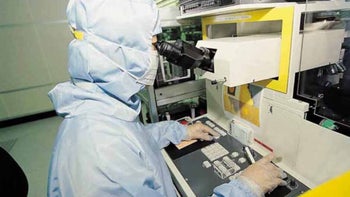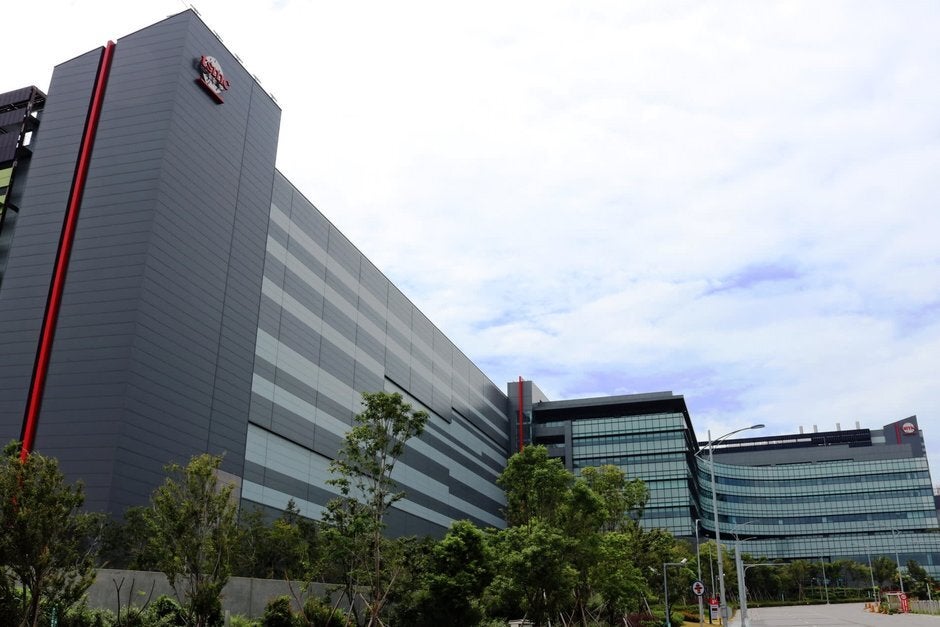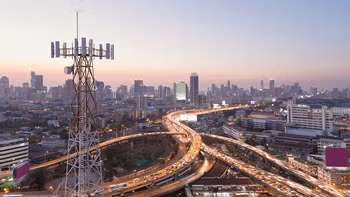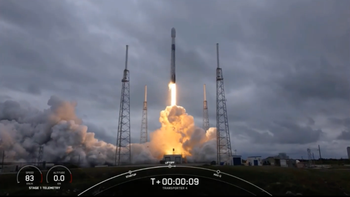Senate Minority Leader and two others have questions about TSMC's $12 billion U.S. chip plant

Now that TSMC says that it plans on building a $12 billion chip manufacturing facility in Arizona to churn out 5nm chips by 2023, some Democrats in the Senate are raising questions that they would like to see answered. CNBC reports that Senate Democrat Chuck Schumer and two fellow senators (Patrick Leahy and Jack Reed) have written a letter to Commerce Secretary Wilbur Ross and Defense Secretary Mike Esper.
Three Senate Democrats have raised questions about TSMC's plans to build a factory in Arizona
In the latter, the senators say that while they "strongly support" the administration's efforts to construct a cutting-edge foundry in the U.S., they want more transparency from the administration and asked the government to consider U.S. companies like Micron, GlobalFoundries and Cree instead of TSMC. Schumer, Leahy, and Reed wrote, "We have serious questions as to how this project takes into consideration national security requirements and how it aligns with a broader strategy for building a diverse U.S. semiconductor manufacturing supply chain. We ask that you cease any such negotiations or discussions until you have briefed the relevant authorization and appropriations committees with your plans, including any commitments you have made to funding, tax breaks, licensures, or other incentives."

TSMC says that it will spend $12 billion to build a cutting-edge facility in Arizona that will turn out 5nm chips by 2023
Measures announced by the Trump administration last week put control over exports of chips from global foundries to Huawei in the hands of the U.S. Companies like TSMC, which use U.S. made technology to produce chips, now need to have a license in order to ship semiconductors to Huawei. The latter is TSMC's second-largest customer after Apple and was responsible for $5.2 billion of the foundry's revenues last year, up 80% year-over-year. The company hinted that losing Huawei's business could make it harder for it to afford to build a $12 billion facility in the states. However, the state of Arizona and the federal government are reportedly kicking in some of the money that TSMC needs to get the project done and this is part of the information that the senators want more transparency about.
Huawei, like Apple and Qualcomm, designs its own chips but since they do not own fabrication plants (which makes them 'fabless' in chip industry jargon), they each turn to a contract foundry to manufacture their chips. TSMC is beginning to churn out chips using its advanced 5nm process which uses 171.3 million transistors per square mm. The 5G 2020 Apple iPhone 12 family is expected to be the first smartphones to be powered by a 5nm chip followed by the Huawei Mate 40 series. The only reason that Huawei will be able to procure enough chips to produce the Mate 40 line this year is because the U.S. is allowing TSMC to ship Huawei chips made from wafers already in production as long as they are delivered by September 14th.
Last year the U.S. Commerce Department banned Huawei from its U.S. supply chain because of the company's perceived ties to the communist Chinese government. The ban prevents Huawei from licensing Google Mobile Services which means that the manufacturer's handsets cannot run Google's core apps like the Play Store, Gmail, Google Search, Google Maps, Google Drive, and more. This hasn't impacted domestic sales of Huawei's phones since most of Google's apps are banned in China anyway. But they could have cost the firm sales of international models; despite the hardships, Huawei still managed to grow smartphone shipments by 17% last year to 240 million units. While Samsung remained the largest smartphone manufacturer in the world last year, the Chinese manufacturer did manage to surpass Apple to take over second place. Surely that could not have made Commerce Secretary Ross happy. Huawei is also the world's largest provider of networking equipment.
Speaking of Ross, when the new export rules against Huawei were announced last week, the commerce secretary claimed that the firm was increasing its efforts to work around the U.S. supply chain ban. He also praised the construction of TSMC's chip as a "renaissance in American manufacturing" led by President Donald Trump. The plant will cost tens of billions of dollars that will be pocketed by U.S. construction firms and will lead TSMC to hire a large number of Americans to man the facility.













Things that are NOT allowed: